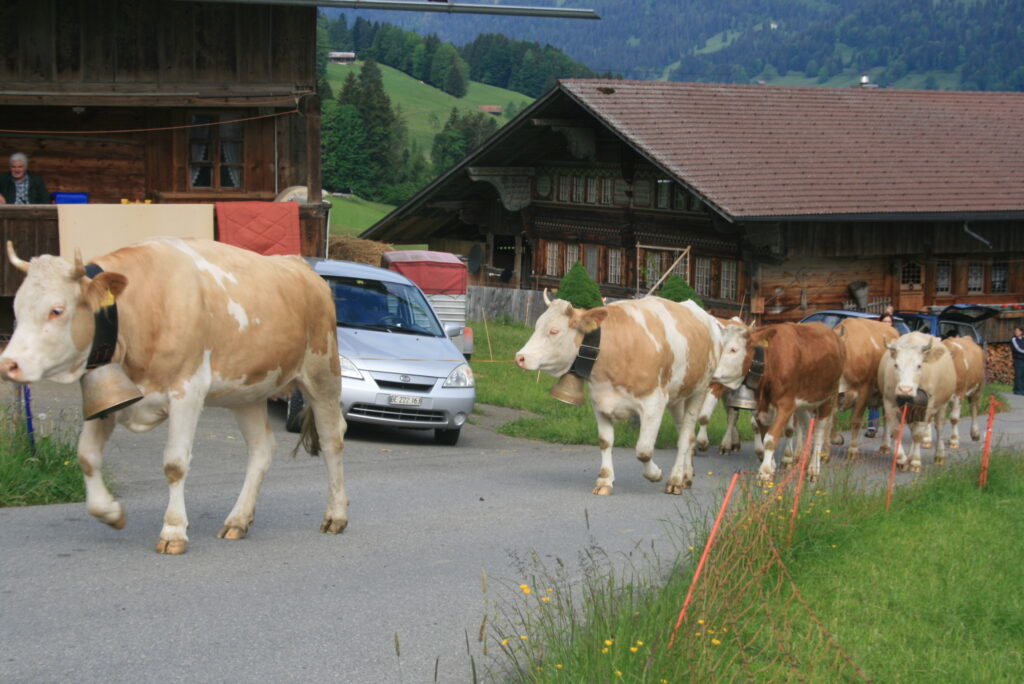Our stay in Arthur’s Pass occasioned a wee dose of nostalgia, not only because I thought about past times I spent in mountains, but also because I remembered something about the history of the word. The word nostalgia was coined by the Swiss physician Johannes Hofer in 1688 by combining the Greek words nostos (homecoming) and algos (pain). And indeed the condition described by Hofer was more akin to homesickness. He studied the symptoms displayed by Swiss mercenaries, who had gone away from home to serve European monarchs. These efficient fighters would at times become useless, because they suffered from listlessness, weeping and pain. He thought that a particular region of the brain, which was associated with homely comfort, was responsible for this. Others had a more “materialistic” explanation, suggesting that it was the difference in atmospheric pressure that brought about this homesickness.

In Europe, mountain people for centuries went away from home to seek income in the wealthier cities of the lowlands. The longing for home has been expressed in literature and art. The story of Heidi fascinated so many, because it concentrated expressly on that longing. The Welsh recount a similar experience. Though not as prominent, similar sentiments have also found their way into North and South American folklore. Over time the longing for home was linked to a longing for a period of the past. It seems that in psychology that painful longing for a distant home and the longing for a period of the past were seen in conjunction. Nowadays nostalgia is considered a longing for the past, and homesickness the longing to return home. Nostalgia has been described as ‘a regressive manifestation closely related to the issue of loss, grief, incomplete mourning, and, finally, depression’. In more recent psychological literature nostalgia has had a more positive assessment.
In common parlance, nostalgia is generally used in dismissive tones. However, I think that nostalgia is not only negative, especially if it not only looks back, but also considers the future past. If we ask what we will remember fondly in the future, then we may be able to set priorities now. Nostalgia also seems to generate bonds between humans. For example, our relationships with our children are not so much determined by the future potential they have, but rather by what we have experienced together. At times strong nostalgia may also indicate that we are unsettled by the present state of affairs. While the solution may not necessarily be to go back to the old, the past can provide lessons.
It is dangerous to rely only on nostalgia, but it is also detrimental to be hostile towards remembering the good things of the past. That is also true in the Church.

